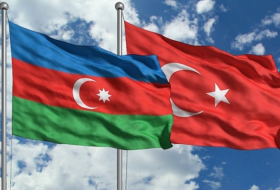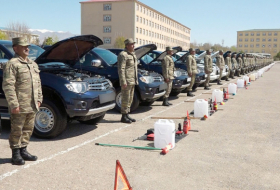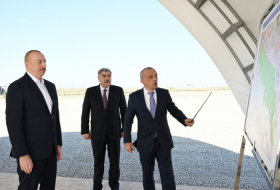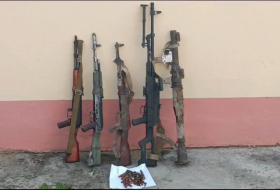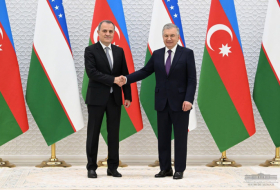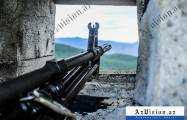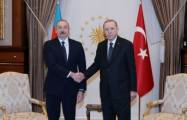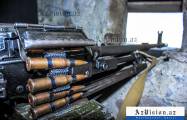The Russian firm, a subsidiary of Russia's Rostec state corporation, said that the two deadly plane crashes involving Boeing 737 Max jets happened because of “negligent actions and decisions of Boeing” both in designing the aircraft and “withholding critical information” from US aviation safety authorities, the Financial Times newspaper reported.
The lawsuit was reportedly filed at the Cook County circuit court in Chicago. The Russian company accuses Boeing of intentionally hiding sensitive safety information about the aircraft.
Avia Capital Services says it had given Boeing a cash deposit of $35 million as part of the order and asks that the money be returned, with interest, along with $75 million in lost profits. The total sum demanded by the company under the lawsuit amounts to $115 million.
Steven Marks, the lawyer of Avia Capital Services, told Financial Times that Boeing had offered compensation to the firm but it turned out to be inadequate.
“I think you will see a number of other operators filing suit in coming months. This will be the first of many to come,” Marks said.
Two Boeing 737 MAX planes crashed in less than a year: one in Indonesia in October 2018 and another in Ethiopia in March. In the wake of the latest crash, aviation authorities and carriers around the world either grounded the 737 MAX series aircraft or closed their airspace to them.
Investigations into the horrific tragedies are underway, but experts have identified an automated stall-prevention system, called MCAS, to be behind the crashes. MCAS commands automatically push down the jet’s nose in case of a critical angle of attack.
When the information coming from sensors is wrong, however, the actions pose a danger to the plane, as MCAS commands can overpower a pilot's attempt to pull up the nose of the jet.
According to investigators, pilots of the crashed Ethiopian Airlines jet spent over four minutes before realizing that incorrect data from sensors was urging MACS to incorrectly push the nose down.













